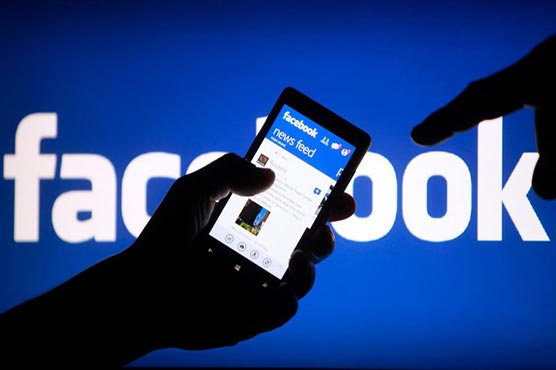Facebook may actually benefit adult mental health

Almost 50 million adults in the U.S. live with a mental illness.
ISLAMABAD (Online): Facebook’s reputation has sunk in recent years for a variety of reasons, including its role in the 2016 elections and the recent data breach.
In addition, studies have suggested that social media can cause psychological distress, loneliness, and depression. For example, research from 2019 suggested that quitting Facebook may improve overall well-being.
However, a 2018 study on the use of social media by undergraduates found that limiting social media use to approximately 30 minutes per day may improve mental health.
Now, Keith Hampton, who is a professor of media and information at Michigan State University in East Lansing, has analyzed the effects of Facebook use on adults to challenge the claim that social media platforms are contributing to a mental health crisis in the United States. The results appear in the Journal of Computer-Mediated Communication.
According to the National Institute of Mental Health, almost 50 million adults in the U.S. live with a mental illness. These illnesses include many different conditions, such as depression and anxiety, which vary from mild to severe.
Prof. Hampton believes that the problem with previous studies is that they focused on college students and other young people.
Many people experience emotional turmoil during these life stages, and this, rather than technology use specifically, could influence research findings.
"Taking a snapshot of the anxiety felt by young people today and concluding that a whole generation is at risk because of social media ignores more noteworthy social changes, such as the lingering effects of the Great Recession, the rise in single-child families, older and more protective parents, more kids going to college, and rising student debt," says Prof. Hampton.

